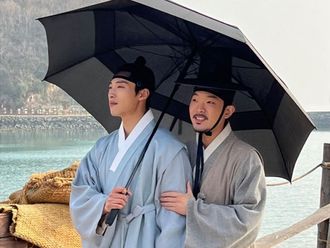Sharjah: Great novels dignify “dimensions of the human story” that factual accounts miss, Booker Prize winner Ben Okri told Gulf News on the sidelines of the Sharjah International Book Fair on Friday night.
Okri, 56, said the power of fiction and imagination reveal the “undercurrents of our history” and the “intangible moods of the times”, which is more enriching than a list of “facts”.
“The facts don’t tell you what the weather ‘felt’ like, [they tell you] what the weather ‘was’ like — two different things,” he illustrated.
The award-winning Nigerian novelist and poet won the 1991 Man Booker Prize for Fiction for The Famished Road, the first book in a trilogy about a “spirit child” who chooses to remain in “the world of the living”.
He said fact has its rightful place in memoirs, such as those of Anne Frank, or in autobiographies, such as that of Nelson Mandela. However, novels have the edge in “making sense of our lives. In a curious sort of way, it’s only fiction that can best reflect the secret truth of reality. And I think the reason for this is that the ‘facts’ are always less than the ‘truth’… The facts leave out so much that’s intangible and yet makes the life true”.
Okri pointed out that great fiction writers are able to illuminate such qualities of our being that “we miss even when we are living it — and that’s what gives it its dignity”.
The power of literature in coping with conflict, building bridges and inspiring art and creativity are recurring themes at this year’s book fair, now in its 34th edition.
He added: “I’ve always believed that history is enriched by imagination because history leaves out the fabric of the air in which events happen. I’ve been present at many historical moments, and I’ve read facts about them, and they bear no resemblance to those moments that I lived through.
“That’s where the importance of fiction comes in. It supplies that richness nothing else can give.”
However, the richness should not take the form of a story teller forcing his own interpretation on the reader, Okri said. Every reader should be free to take from the story his or her own values.
“I don’t believe in ‘the moral of the story’. I’m suspicious of it. The minute you say ‘the moral of the story’, it ceases to be effective, to be honest. It’s like preaching to somebody who’s already at church,” he added.










